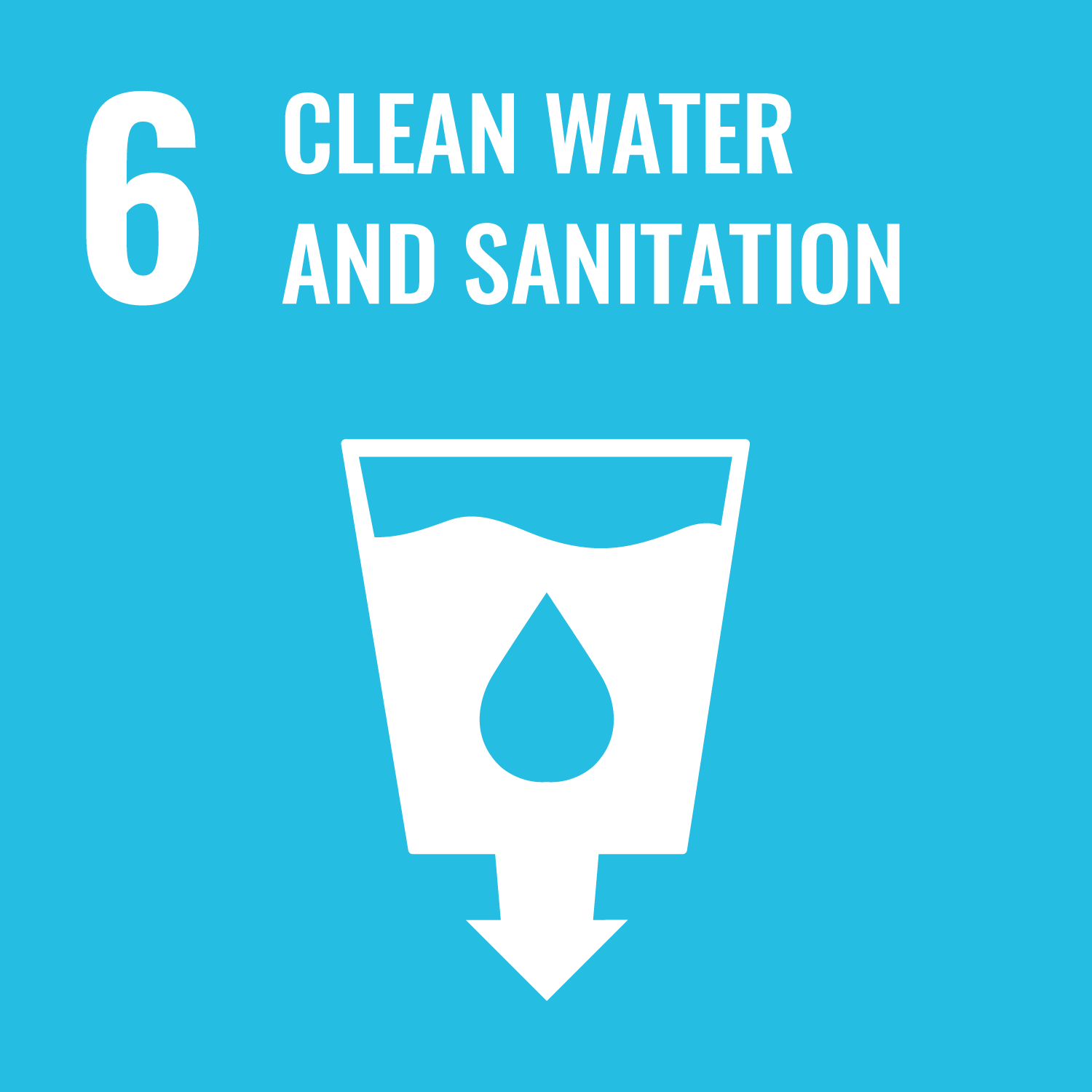This organization has not been verified by our team. We are working around the clock to get everyone approved.
Centre for Development and Civic Education
- CSO Profile
- Campaigns
- Projects
- Events

We are a non-governmental organisation registered with the CAC in Nigeria, committed to eradicating ignorance, poverty, and hunger in society.
Overview
Organisation type
Nonprofit organisation
Country of Registration
Annual Budget
25 000 - 100 000 USD
Scope
National
Field of Activities
Organisation Laguage
English
Contact
Contact
Comrade Michael N. Opia
Website
Phone
+2348033226502
- Overview
- Title Proposal for Climate -smart Agriculture for A Sustainable Food Security System
- Title
- Title
Introduction
As the world grapples with the challenges of climate change, it is becoming increasingly clear that our agricultural system needs to adapt. Climate-smart agriculture (CAS) offers a powerful solution, enabling farmers to produce more while reducing the environmental factor. Our proposal outlines a comprehensive plan for promoting CSA practices among smallholder farmers. We believe that by working together, we can enhance agricultural productivity, improve resilience to climate change, reduce post-harvest losses, and reduce greenhouse gas emissions.
Executive Summary
This proposal outlines a comprehensive plan for the implementation of Climate-Smart Agriculture (CSA) practices among smallholder farmers in three local government areas in Anambra State of Nigeria. The objective is to enhance agricultural productivity, improve resilience to climate change and reduce greenhouse gas emissions as well reduction post-harvest losses. The proposed project will adopt a multi-faceted approach, incorporating capacity building, institutional support, policy advocacy and private sector engagement to ensure sustainability.
Our Approach: Activities
We will start by conducting a baseline study to understand the current agricultural practices, climate-related challenges and knowledge gap among smallholder farmers. From there, we will develop a customised CAS plan that addresses the specific needs of the target areas.
We will provide training and capacity-building programmes for smallholder farmers, extension agents and other stakeholders.
This programme will focus on CSA practices, climate resilience agriculture and sustainable agriculture.
To demonstrate the effectiveness of CSA practices, we will establish demonstration farms where farmers can see the benefits first-hand. We will also support CSA adoption, including access to climate resilience and animal varieties, conservation agriculture equipment and weather-based insurance.
Expected outcomes
1 We expect that our project will lead to:
a. Increased adoption of CSA practices among smallholder farmers
b. Enhance resilience to climate change
c. Reduced greenhouse gas emissions
d. Reduced post-harvest losses
e. Improve food security
Sustainability
To ensure the long-term sustainability of our project, we will focus on building the capacity of smallholder farmers, extension agents and other stakeholders. We will also collaborate with local institutions and advocate for policies that support CSA. By working together, we can create a more sustainable food system that benefits both people and the planet.
Duration: The project is programmed to be executed in 12 calendar months
Budget: The proposed budget for the project is 39,800 US dollars.
Conclusion
One factor inhibiting most programmes on Food Security is the lack of transparency and accountability. This project, therefore, will use the approved resources optimally to achieve the set objectives.


